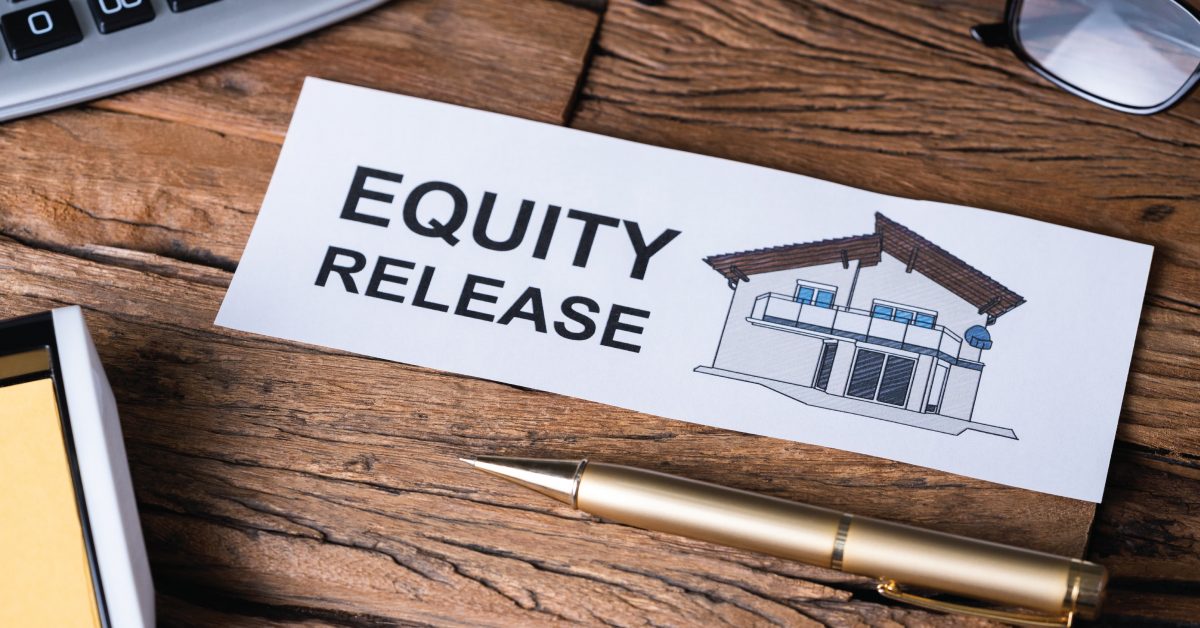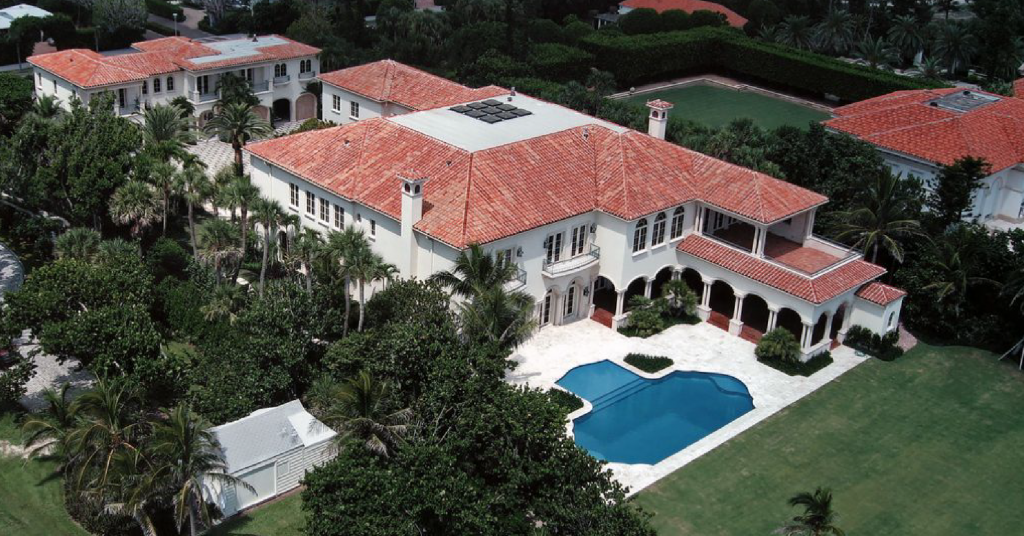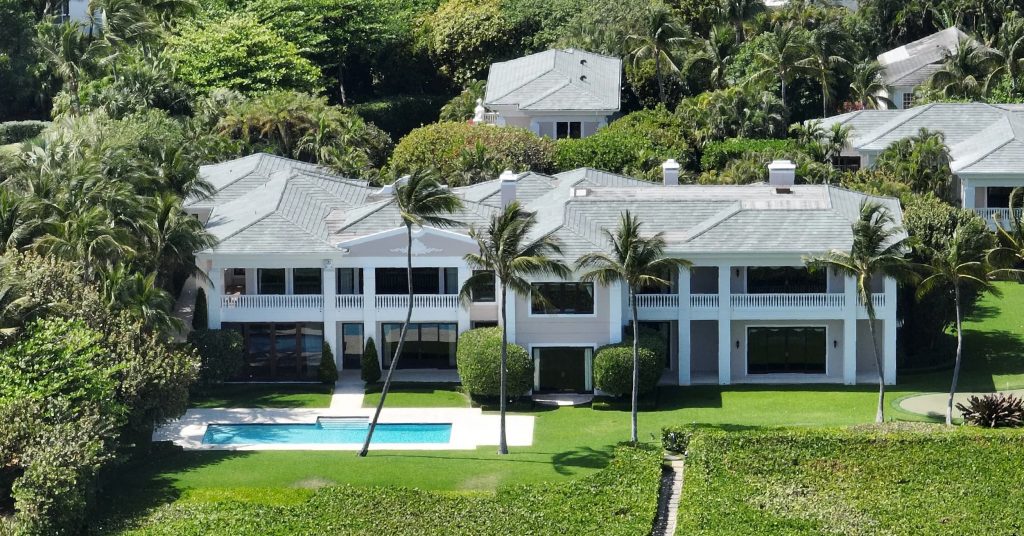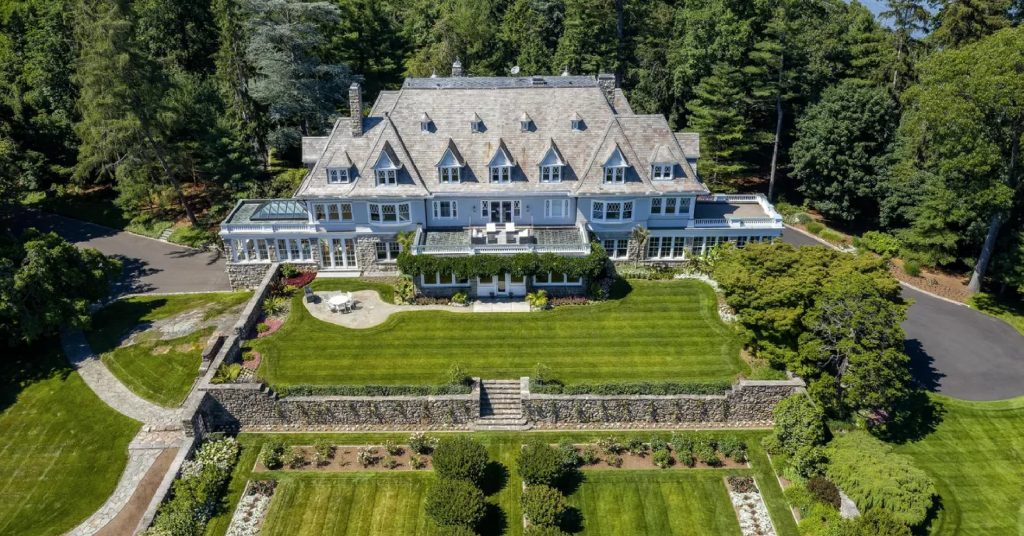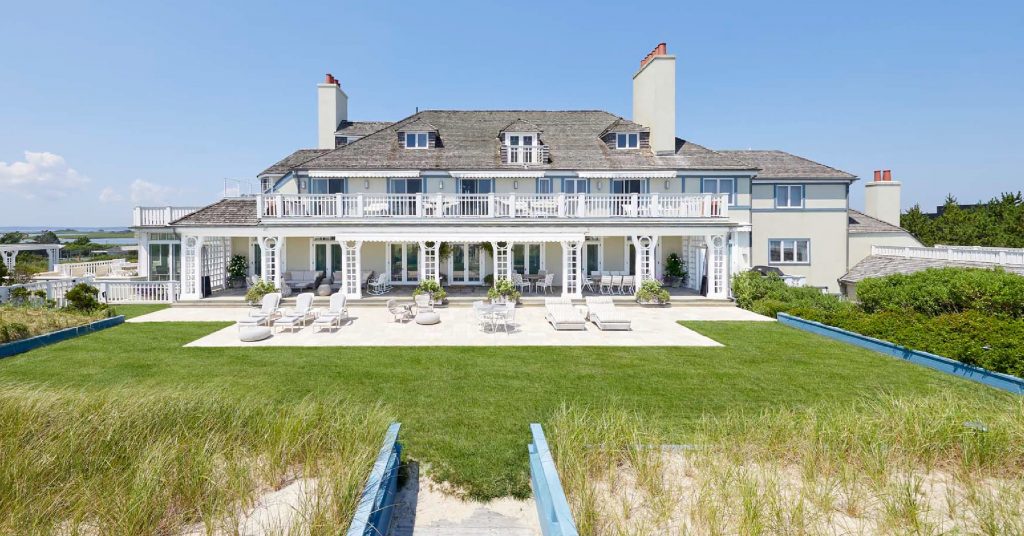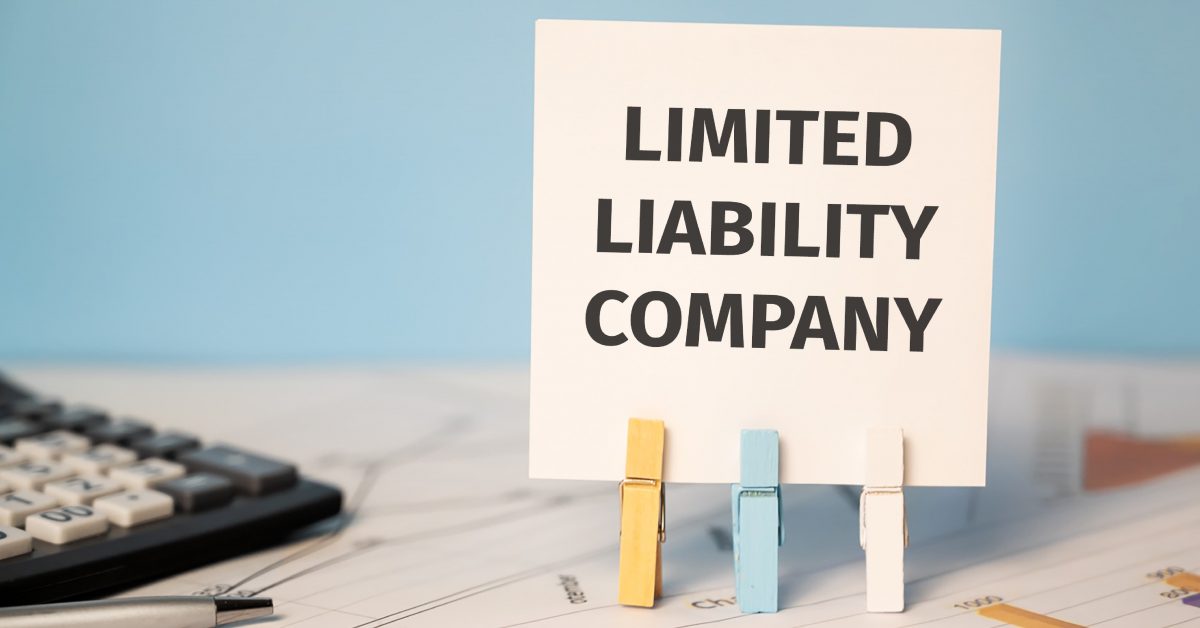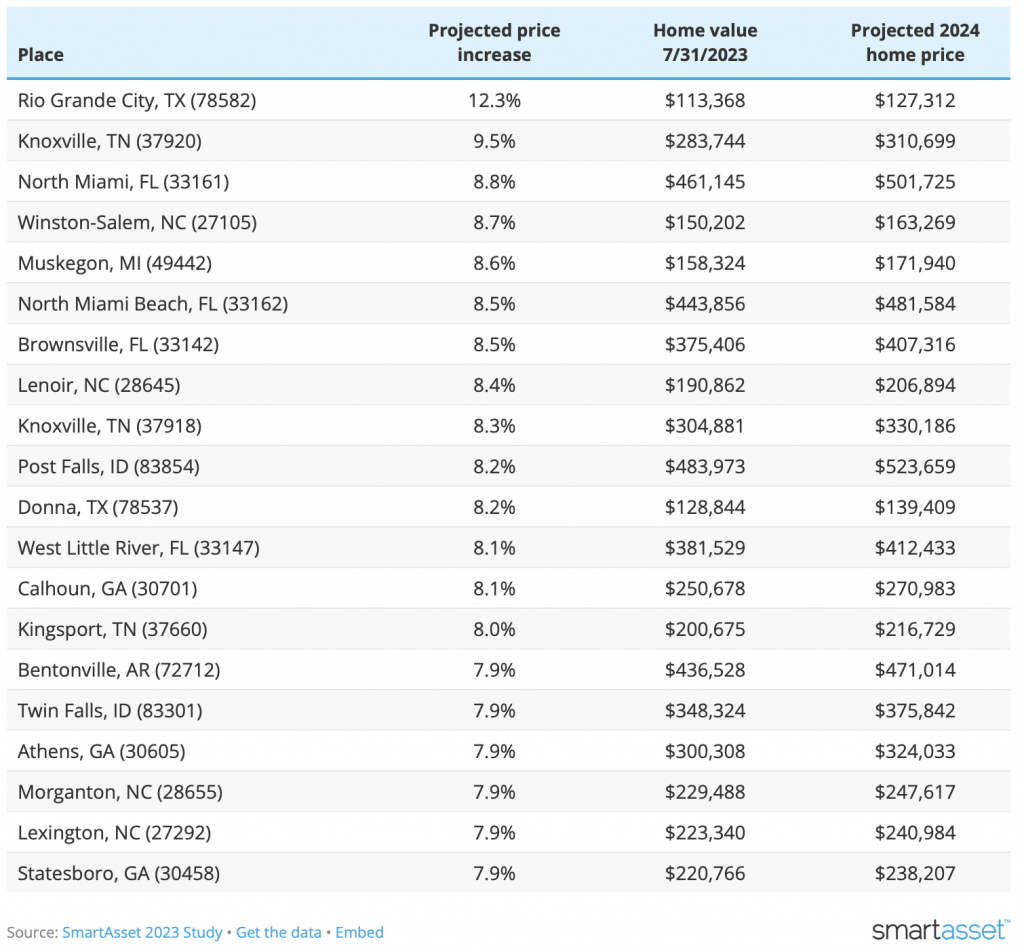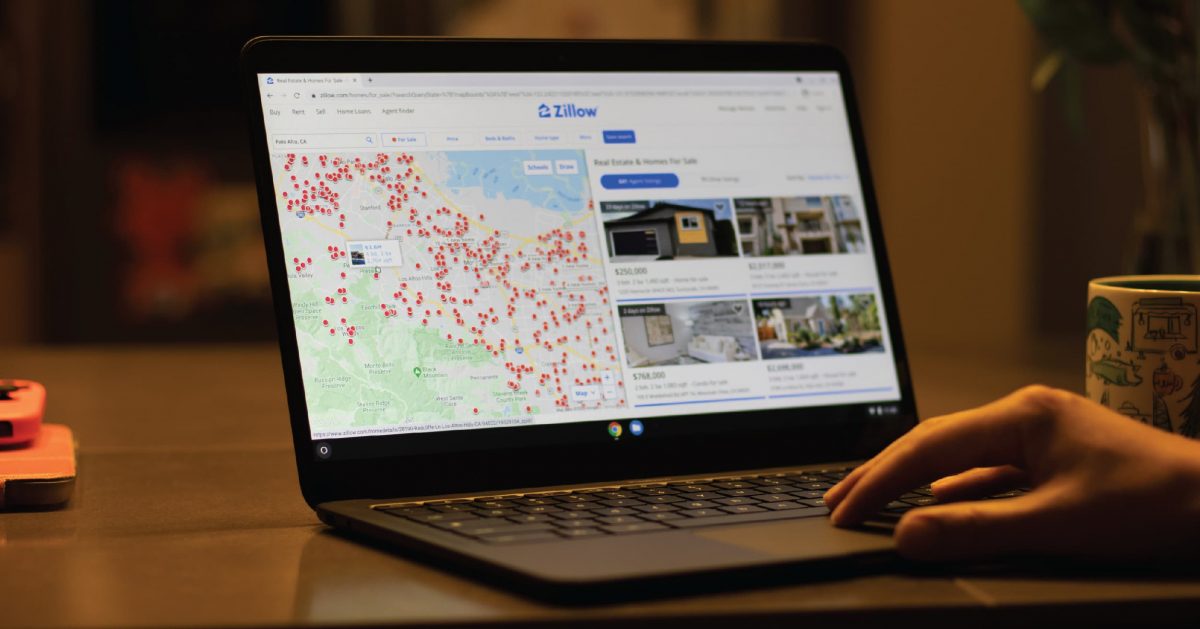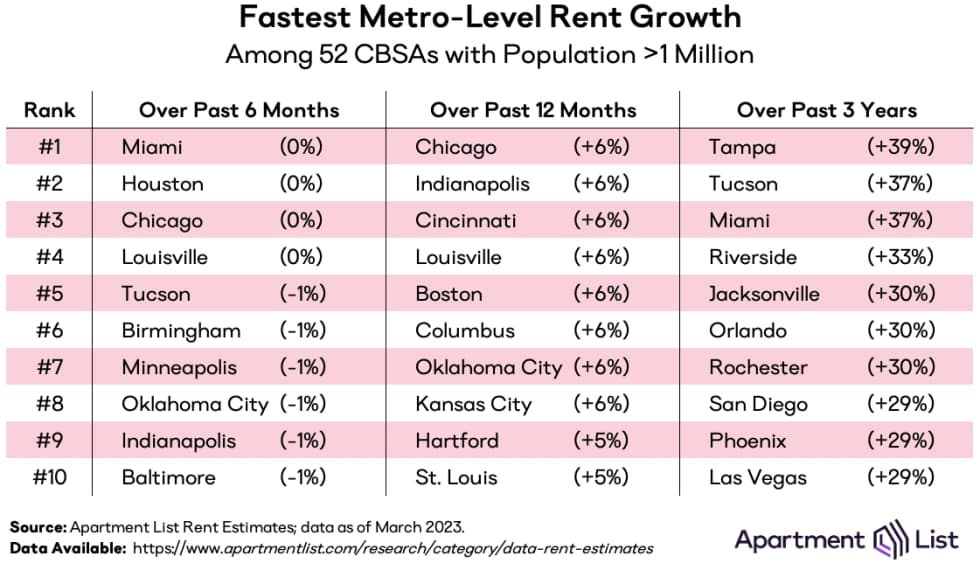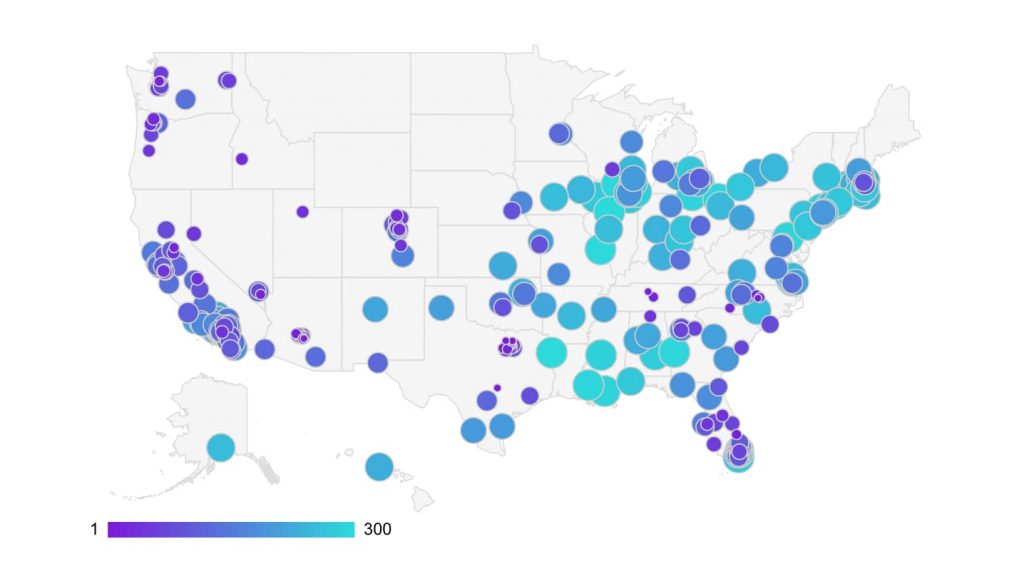During our recent live webinar on “Singapore Couple’s Journey to Financial Freedom through U.S. Real Estate Investing,” our expert hosts, Han Teo & Tracy Pah (H&T), and America Mortgages’ Co-Founder Donald Klip (DK), received numerous questions from participants. For those who missed the opportunity to join the webinar, it is available here.
To address these questions, Han, Tracy, and Donald have set aside dedicated time to provide insightful answers.
Remarks have been edited for clarity and brevity.
Q: Is it risky to buy properties remotely?
H&T: Is it risky to cross the road? Yes, if you don’t look and just cross. No, if you look out for traffic, avoid crossing in front of big vehicles, etc. It’s the same for buying properties remotely; you identify the risks and execute processes to mitigate them. For example, forming a strong, reliable team of licensed realtors/property managers/contractors on the ground to be your eyes and boots at your properties, scheduling live video calls with them to look over things, spreading out your payments, studying and being aware of the neighbourhood demographics and crime, etc. Identify the risks and put in processes to avoid, mitigate, and insure against them.
Q: Hi, Han & Tracy, How do you manage the properties from SG?
H&T: Hire a licensed property management company to manage your properties.
Q: If you only have USD 60k to spare and it is not enough to buy a 2-bedroom single-family home in Houston, Dallas, Texas, where will you buy it? Of course, one can acquire a shack in the middle of nowhere for cheap – but you need to contend with no renters and hack and flip. Will you do that if you have no experience in investing in the U.S.?
H&T: There are a few parts to this comment. First, we will not recommend buying a shack in the middle of nowhere to flip because if it is in the middle of nowhere, there will be no buyers to buy it at a good price. This brings the U.S. to the second point – putting in due diligence to choose which city to invest in is a critical step. We do not buy based on price alone; we buy in cities that have population growth and great economic prospects to motivate rent demand, rent growth, property demand, and price appreciation. There are several cities that are good to invest in; Houston/Dallas are just popular ones. We cannot point you to one specific city because there are too many options, but we do find that there are cities in the Midwest that have good prospects and affordable prices.
Q: Can non-U.S. citizens buy real estate property in the U.S.? Are you both a citizen?
H&T: Yes, non-U.S. citizens can buy U.S. real estate. We are both Singaporeans; we do not have U.S. green card or U.S. citizenship.
Q: Do you have to go to the USA to open a bank account before you start buying properties in the USA? Especially if you are going to set up an LLC.
H&T: Certain banks require you to be there to set up an account physically, but other banks allow LLCs to set up bank accounts online; therefore, you do not need to fly to the U.S. to set up a bank account.
Q: How long is the pre-approval letter good for?
DK: A pre-approval letter is valid for 60-90 days unless your financial situation or loan programs change.
Q: As an expat, I don’t receive a W2. Does that impact my rate or the terms that I qualify for?
DK: As an expat not receiving a W2, it won’t impact your rate or eligibility. At America Mortgages, we consider various factors, including alternative documentation, to assess your financial situation.
Q: Can you rent the property to your children and still take advantage of the tax advantages?
DK: You’d need to discuss this with a tax advisor. We suggest you call an expert in foreign national and U.S. expat tax advice. Thomas Carden, AITAX
Q: What’s the interest rate of the four packages at the moment?
DK: Interest rates can vary based on the property’s value and your downpayment. Please contact us directly for more personalized information. We’re here to help!
Q: This seems too easy; what’s the catch?
H&T: It’s not easy! We spent 2 years purely researching and networking before buying any properties. We had to find out where to buy, who would help us on the ground, how to buy, what the laws are, how to do renovations that are very different from Singapore’s scope (e.g., dealing with snow and freezing pipes), etc. Even after that, we made several costly mistakes. We highlighted some of our woes on our YouTube channel so that others can learn from our mistakes. These processes, which took years and experience to learn, are also what we teach in our Remote Cashflow Rentals Masterclass; our goal is to accelerate the journey of others who want to pursue the same path.
Q: As an American citizen living overseas for 20+ years with no U.S. credit, which program should I apply for? U.S. expat or foreign investor?
DK: You would qualify for our AM investor+ loan program or AM Rental Coverage+ loan program. Both programs cater to individuals without U.S. credit or residency requirements. The AM Investor+ program allows the use of foreign income with qualifications based on an Income Letter. The AM Rental Coverage+ program eliminates the need for personal income, relying solely on the property’s projected rental income for qualification. What gives you a unique advantage is that once you re-establish U.S. credit, you may be able to fall under our U.S. citizen loans, which tend to have better rates and terms due to U.S. credit history.
Q: What are the current interest rates for the first loan program now?
DK: Interest rates can vary based on the property’s value and your downpayment. Please contact us directly for more information.
Q: Quick question. I’m a U.S. Citizen, and for many reasons, I’ve gone ahead and purchased a currently tenanted home cash. Are there options with your firm to cash out refi or get a loan for a 2nd investment property based on the current rent?
DK: Yes, you can! With America Mortgages’ Rental Coverage+ Loan Program, we can help you use your property’s rental income to either cash-out, refinance your current investment, or secure a loan for a second property. If you want to use the new value and not the original purchase price, you likely will need to own the property for at least 6 months, preferably 12 months. This will allow you to use the new value (renovated or appreciation). Just get in touch with our team, and we’ll walk you through the best options for your investment goals.
Q: Question for AM – For the AM Rental Coverage+ Loan Program, how do we show a property’s projected rental income?
DK: With our Rental Coverage+ Loan Program, you can showcase a property’s projected rental income through documentation like current lease agreements, rental history, or a rental appraisal. Providing these details helps us assess the property’s income potential and tailor the loan to your specific needs. If you have any specific documents or questions, feel free to reach out to our team, and we’ll guide you through the process.
Q: If I’ve already bought and renovated the property and it is rented, can I get a refinance on the ARV from America mortgages?
DK: Yes! At America Mortgages, we offer refinancing options based on your property’s After Repair Value (ARV), even if you’ve already purchased and renovated it. There may be restrictions based on how long you’ve owned the property. This allows you to leverage the increased value of your investment and optimize your financing. Feel free to contact our team for more details and assistance exploring the refinancing options that best suit your needs.
Q: U.S. Mortgage, who pays the (mortgage) broker fee?
DK: The broker fee is a one-time fee paid at the completion of the loan. This is the industry standard.
Q: Han, which city are you based in in the U.S.? What is the profile of the tenant in your property?
H&T: As mentioned in another response above, we are in multiple cities, but it is critical to choose cities based on data-backed research for economic and population growth. Our tenant profiles are the average-salaried workers, like elementary school teachers, renovation managers, bank tellers, etc. This is because the average-salaried worker makes up the largest population pool, and we want the biggest tenant pool to reduce vacancies. Trying to rent out properties at high rents in places that only high-income earners can afford will attract a much smaller pool of tenants, and trying to rent out in low-income places may attract poor-quality or delinquent tenants.
Q: The loans you offer are unique; how does America Mortgages make money from the loans? Is this just the standard trailing commission of 1% or 2% from the lender or the borrower? Banks don’t give out some of these undocumented loans, so I assume there is a risk premium on these loans.
DK: It is very unique because this is our only business. 100% of our clients are Foreign Nationals or U.S. Expats. This is our expertise, and we truly believe no one has more comprehensive programs or understands this type of borrower better than American Mortgages. We are paid only upon a successful closing. We charge, on average, 2% of the loan amount, which is industry standard. There are no trailing costs or fees.
Q: I’d like to invest US$ 500,000 in NNN Commercial properties
DK: Please contact us so we can put you in touch with our commercial mortgage specialist.
Q: Do you guys provide guidance on what the best areas to purchase are? Do you help calculate the return on investment?
H&T: Yes, we provide the detailed research steps and criteria on where to purchase in our Remote Rentals Masterclass. We cannot spell it out all here because it takes a few hours to go through everything. In the class, we also have a whole module to teach how to calculate your return on investment holistically, explaining all the expenses you need to take note of and where to find the estimates. We strive to equip all attendees with the specific know-how to hit the ground running after completing the masterclass.
Q: Some countries have a lot of issues with contractors, such as bad quality and difficulty finding contractors due to resource limitations. What are your current estimates of the availability and quality of the contractors in the U.S.?
H&T: As you correctly pointed out, there will be bad contractors in any country. Even in Singapore, we have heard multiple stories of contractors falling behind timelines or even scams (disappearing after collecting payment). It is the same in the U.S. or any country; you need to take precautions when choosing and paying your contractors. For example, choose licensed contractors who are referred by people you trust and spread out the payment schedule, loading more weightage at the back rather than the front.
Q: What are the tax implications for capital gains in America? What are the tax implications on rental income (for a business or for an individual)
Is it best to buy under a company or personal name for legal and financial benefits?
H&T: Rental income will be taxed as per any U.S.-based income in the U.S. However, there are several legal expenses recognized by the IRS that you can use to expense off your rental income and reduce your taxable income; you can read the IRS website or check out Google/YouTube, which has much content related to this.
Regarding capital gains tax, this is a long topic, but in short, this will occur if you sell a property. We are in the buy-&-hold game to build passive income, not sell. If you do choose to sell or flip, you can read up on the 1031 Exchange, which allows you to defer capital gains tax if you pump the capital into another property investment.
On the last question, we recommend buying properties under a U.S. LLC instead of your own name for liability purposes.
Q: What is the interest rate?
DK: Interest rates can vary based on the property’s value, your downpayment, and how you qualify. Please contact us directly for more personalized information. We’re here to help!
Q: Questions for AM – Again, for the AM Rental Coverage+ Loan, any tips on how we can get the best interest rates from you? Thank you.
DK: Absolutely! To secure the best interest rates for the AM Rental Coverage+ Loan, you may want to consider increasing your down payment or leveraging existing equity. This can positively impact your loan terms, including the interest rate.
Q: Do you finance Multi-family apartments?
DK: Once you have more than 4 units per property, it becomes a commercial or multi-family. We offer loan programs for all multi-family from 2 units to 400+ units. Please contact us so we can put you in touch with our commercial mortgage specialist.
Q: What if rental income is equal to the 25% down payment? Can I use it as equity?
DK: We get this question often; on a refinance or equity release, it is perfectly fine. On a purchase, we need to see there is “skin in the game” when buying an investment property. The minimum down payment of 25% is based on the appraisal value or purchase price, whichever is lower.
Q: Can you finance more than $3M?
DK: Yes, we can, although the LTV may be reduced from 75%. The largest transaction we have completed was $112M.
Q: Can I do everything entirely remotely?
H&T: Yes, you can! Our Remote Cashflow Rentals Masterclass’ goal is to teach how to do everything remotely.
Q: Do you use an LLC as the legal entity to own the properties? Do you have any insights on what state to incorporate the LLC? Or do you own the properties in your names directly as individuals
H&T: We recommend buying properties under a U.S. LLC instead of your own name for liability purposes. We recommend starting the LLC in the state that you have chosen to invest in. While it is not impossible to start an LLC in a different state from your properties, there will be more legal and tax complications and costs. We understand that if you read about this online, many sources will recommend setting up an umbrella LLC in states like Wyoming. We are not against this but assessed that this can be done at a later stage after owning a substantial portfolio instead of bearing the additional costs and paperwork at the start.
Q: If I buy with cash…how fast can I refinance?
DK: You can refinance and release equity immediately. However, you’d need to use the purchase price value. If you wait 6-12 months, you will be able to use any appreciation or after-renovation value.
Q: Do you have to file 1040NR tax forms?
DK: If you’re a U.S. citizen qualifying with tax returns, you will need to provide two years of your U.S. tax returns. There are loan programs that do not require tax returns and use only the rental income of the property to qualify.
Q: What are your fees, and do you handle/assist with the Real Property taxes that we need to pay in the U.S.?
DK: We normally charge a success fee of 2%. Property taxes, along with hazard insurance, are normally wrapped into the monthly mortgage payment and paid on your behalf by the mortgage company/servicing agent.
Q: Since it would be my first time investing in the USA market, are you able to support me with recommendations or some consultation services on how to get started or which locations to look at? Or is it purely up to us?
H&T: This is exactly what we teach in our Remote Cashflow Rentals Masterclass! In the class, we will teach you how to choose good markets so that you can do it yourself without us, but we will also share where we invest and be glad to connect you with our team if you choose to invest in the same areas.
Q: What expenses or costs can we expect when owning a property in the U.S.?
H&T: Absolute Costs vary state by state, but principally the costs we have are: (1) Mortgage, (2) Property Management Fees, (3) Property taxes, (4) Property Insurance, (5) Maintenance and Repairs, and one should always buffer for vacancies. There are other non-property-related costs that you need to pay to run a business in the US, for example, (1) CPA/Book-keeping fees, (2) Income Taxes, (3) Mailbox costs, etc.
Q: How much does that independent appraisal cost? And is it for both the value of the property and rental appraisal?
H&T: In most cases, you will need a new appraisal. It protects the lender and also potentially gives you a higher valuation, hence giving you a better, lower interest rate.
Q: What are your initiation expenses? Between high setup costs and higher interest rates, non-bank sources are just too expensive to use.
DK: There is no cost to get approved for a mortgage loan. It’s also very quick, normally within 72 hours. Interest rates depend on a variety of factors. However, we do not mark up any rates due to our clients being non-residents. These are market-rate mortgages. We have hundreds of loan programs with an approval rate of 97%. Banks have only their loan programs, which need to meet bank underwriting guidelines.
Q: Do you need to do an independent appraisal again to refinance or cash out?
DK: In most cases, you will need a new appraisal. It protects the lender and also gives you a higher valuation, hence giving you a better, lower interest rate.
Q: Can you please repost the masterclass info
H&T: https://academy.bytesizedinvestments.com/rcrmasterclass/
Q: Are you the mortgage broker or lender?
DK: We are both. We are a direct lender, but if our in-house loan programs are not the best option for the client, we have the option to broker it to lenders who, like us, understand this type of mortgage lending.
Q: Tracy and Han, do you fix the property/upgrades yourself? Or do you do it remotely via a contractor?
H&T: No, we don’t handle the property fixing or upgrades ourselves. We prefer to oversee these tasks remotely through contractors. We’ve found that it’s more efficient and allows us to focus on other aspects of our investments. Our property manager often handles minor repairs and maintenance, but we hire general contractors for larger renovations.
Q: How much do I need to get started on average?
H&T: As the U.S. is really big and non-homogenous, there is no one-size-fits-all. Costs vary from state to state. There are houses as affordable as US$30,000 that cashflow. But they may not be in the best city or neighbourhood for growth. We are currently looking at purchases from US$150k – US$200k. With a 70% LTV from GMG, that would mean your downpayment in cash of $45k to US$60k. Still pretty affordable.
Q: Is it worth it to fly there and fix up the properties yourself?
H&T: No, it’s not worth it for us to fly to the properties and fix them up ourselves. We’ve intentionally set up our investment strategy to be remote-based. Our goal is to achieve a certain lifestyle that prioritizes time, freedom, and flexibility. We’ve developed processes to ensure that we can oversee renovations and repairs remotely, leveraging technology and our property manager’s assistance.
We’ve structured our investments with the understanding that scaling to multiple properties would make frequent travel unsustainable. Additionally, many aspects of property maintenance, such as electrical work, require specialized expertise that we don’t possess. It’s more efficient and effective for us to hire professionals for such tasks.
Q: Won’t you worry that the contractors will take advantage of you with the materials? Over-order and overcharge?
H&T: Concerns about contractors overcharging for materials are valid, but we’ve developed strategies to mitigate this risk. One approach is to do our own research on material costs by checking reputable sources like Home Depot or Lowe’s websites. This allows us to have a clear understanding of what prices are reasonable before engaging with contractors. If we notice discrepancies between the prices quoted by contractors and those we find online, we’re not hesitant to bring it up and negotiate. Transparency is key in our relationships with contractors, and they’re generally receptive to discussing pricing based on market standards. By staying informed and assertive, we can ensure that we’re not being taken advantage of and that our projects stay within budget.
Q: How does refinancing work regarding timing (is it realistic to refinance after 12 months, etc, and cost)? For example, will my financial situation change, or will the U.S. Feds reduce interest rates by 1.5% over the next 12 months?
DK: If interest rates decrease, we can easily give you a breakeven point to see if refinancing makes sense. Remember, we are with you for the long haul, not just a single transaction. We want to be your partner in your journey as a U.S. real estate investor.
Q: Do you or your property manager screen the tenants?
H&T: In our case, we rely on our property manager to handle tenant screening. Property management is a specialized profession in many countries, such as the U.S., the U.K., and Australia. These professionals are qualified to handle various aspects of property management, including leasing and tenant screening.
Our property manager handles everything from leasing the property, screening tenants, getting leases signed, collecting rent, and handling repairs. They are essentially our hands and legs on the ground, ensuring that the property runs smoothly without us needing to be directly involved in day-to-day issues.
www.americamortgages.com
